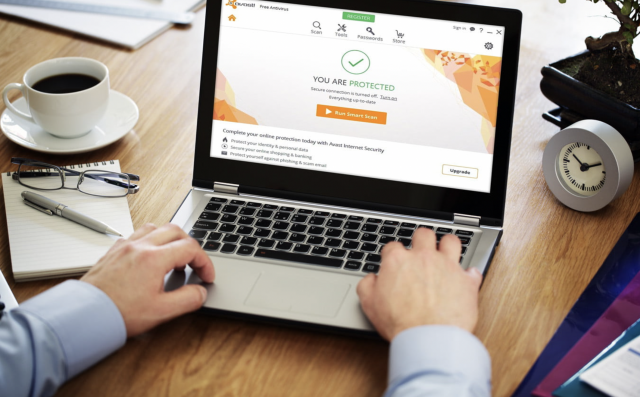When creating a website can cost a pretty hefty chunk of change right off the bat, the potential price of protecting it can be disheartening. Fortunately, there are myriad ways to elevate your website’s security without going broke. Here are four of them:
1. Get a cheap SSL certificate
Contents
Whether you choose a cheap Wildcard SSL or a single-domain certificate, getting your site SSL-secured should never break the bank. In case you aren’t in the know, SSL certificates are a web security staple. Simply install one of these digital certificates on your site’s server, and everyone who visits it on their browsers will have an encrypted connection. This means that any information sent over it cannot be intercepted by third parties. Since all SSL certificates on the market offer the same level of encryption, why pay more than you have to? There are plenty of quality cheap SSL stores out there. Just be sure to read their reviews and find out if they have a trusted partner Certificate Authority before buying.
2. Use cheap or free plugins
If your website is powered by WordPress, you have a wealth of high-quality free and low-cost plugins at your fingertips. Whether you need a malware scanner, security auditor, firewall, anti-spam tools, back-up tools, or anti-hacking tools, you’re sure to find what you need without spending a whole lot. Just be sure to do your research before deciding on one. Check out reviews for both the plugins and developers behind them, as well as when the plugins were last updated. Avoid anything that is no longer updated, as old plugins can be vulnerable to hacks.
3. Make sure your hosting is secure
Good hosting can go a long way, and sometimes even negate the need for some of the types of plugins we mentioned in the last point. Choose a web host that takes the security and privacy of its users seriously, particularly if you’re thinking of choosing a shared hosting plan. Research their standard security features and compare and contrast them to similar plans from other hosting providers.
4. Use common sense
Would you use the same lock and key for every door in your house? Probably not. Yet an alarmingly large amount of people use the same weak password for all their online accounts. Make sure you don’t, particularly when it comes to your website administrator password. Strong passwords are long and complex, with a mix of character types. The easiest way to create them and keep track is by using a password generator and password manager. Make it even harder for potential hackers by enabling two-factor authentication (which you can do for free!).
Conclusion
Creating a website and keeping it secure can be expensive, but it doesn’t need to be. By doing a little bit of research before committing, you’ll likely be able to keep costs down across the board.


